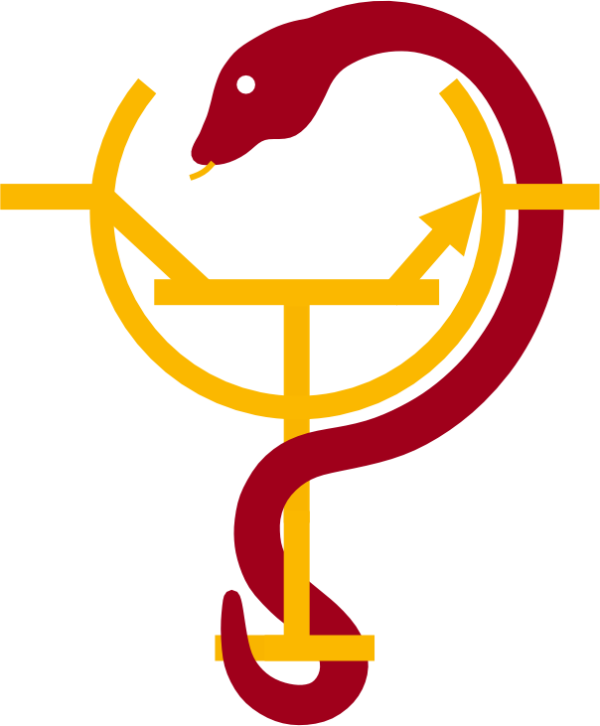The purpose of the seminar for the educational program “171 Electronics” is to create platforms for in-depth discussion and analysis of the results of scientific research and developments in key areas of electronics, such as electrical energy conversion and biomedical electronics. The seminar plays a crucial role in the preparation of future specialists, providing them with the opportunity to present their scientific achievements, exchange ideas, and receive feedback from colleagues and lecturers. One of its objectives is to review and test scientific works aimed at solving pressing issues in the field of electronics, aligning with the requirements of modern scientific and technological advancements. The seminar also aims to foster the development of critical thinking in students and postgraduate researchers, as well as their ability for independent scientific inquiry. Participation in the seminar helps young scientists gain a better understanding of the stages of scientific work, from data collection and processing to writing scientific publications and preparing dissertations. Discussions of the results of candidate and doctoral dissertations provide an opportunity not only to evaluate scientific achievements but also to enhance the level of academic communication among young researchers. Particular attention is given to research conducted by the department under contractual agreements with enterprises and funded by the state budget, enabling the connection of theoretical knowledge with real-world production tasks. Participation in the seminar allows students and postgraduates to become familiar with the latest advancements in the field of biomedical devices and systems, as well as to learn about the most recent developments in electrical energy converters, which have widespread applications in various technological processes. Thanks to the seminar, students and young scientists can test their scientific ideas, developments, and research, which have the potential to be defended as candidate and doctoral dissertations in specialized academic councils. This provides them with an opportunity to receive additional scientific recommendations and critical analysis of their work, which contributes to improving the quality of research and achieving high scientific results.
